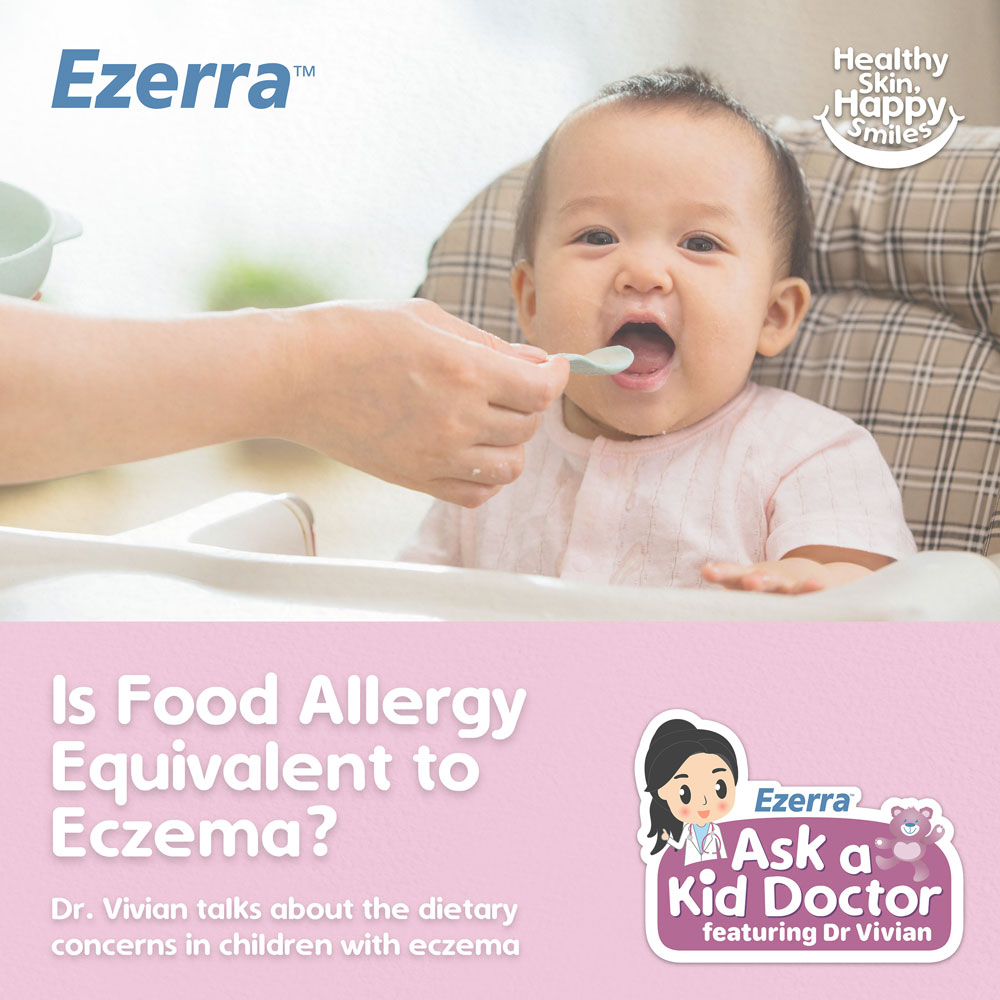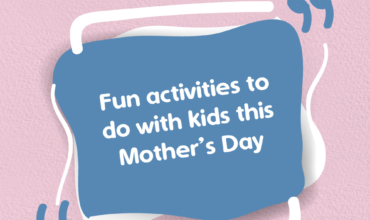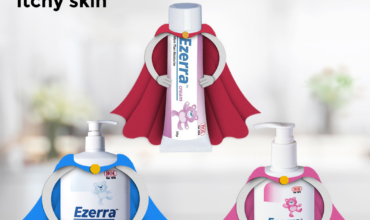Understanding Food Allergy vs Child’s Eczema
Food allergy vs child’s eczema
Food allergy is not equivalent to child’s eczema. Food allergy is an immune response that is triggered as you expose your child to certain food, which causes them to have acute or fast onset of developing hives, swelling and itchy rashes. Moreover, the site of the rashes is random, unpredictable, and may come and go within hours. They might have vomiting, tummy pain, rapid or noisy breathing associated with the hives and the worst-case scenario could be loss of consciousness. On the other hand, eczema or atopic dermatitis is a chronic medical condition which is typically present with red, itchy, and dry skin at the expected sites such as bilateral cheeks for babies or inner elbows for the toddlers. However, we do observe that the risk of getting food allergy is higher in children with eczema.
Understanding eczema and the trigger factors
We understand that eczema is one of the allergies there are, in relation with inheritance, and categorised together with childhood asthma, allergic rhinitis (runny and stuffy nose) and allergic conjunctivitis (pink eye). The cause is still not fully understood, however, currently we believe in epigenetics (how cells control gene activity) which both genetics (such as filaggrin gene defect) and environmental factors (hygiene hypothesis, changes on the microbiota of the skin, dietary, pollutants) play a role. The loss of moisturising factors in the skin causes natural barrier function defects, making it dry, inflamed, vulnerable to infection, oversensitive to irritants and prone to allergies. It may recur and go into a vicious cycle. Common factors including irritants such as sweat/ saliva/ food stains, fragrance or perfumes, cold and dry climate, hot and sweaty weather, coarse wool or laces, stress and infection may trigger and cause acute flaring of the underlying eczema.
Dietary and nutritional concerns in kids with eczema
In view of whether eczema kids may have a con-current food allergy; most of the parents will try to delay solid introduction or put on dietary restriction or sometimes overzealous control of their kids’ food intake. These may lead to malnutrition or failure to thrive, commonly seen with higher allergenic food groups i.e., protein (egg, fish, chicken, seafood) and dairy (cow’s milk, cheese). Recent findings from observational studies, randomised controlled trials, and meta-analysis (i.e., Learning Early About Peanut Allergy Study – LEAP study) now suggests that early introduction of allergenic food is a potentially effective strategy for combating the rising rates of food allergy.
In conclusion, we shall take a good balance between “disease control” VS “balanced diet and appropriate growth”. Vitamin A, C, E, and Zinc are also good for the skin. Most of the vegetables, fruits, nuts and seafood contain all of these. Hopefully, with a better understanding of food allergies and eczema, we can take better care of our child. Remember to stay home and stay safe, everyone.
Prepared by:
Dr Thong Siew Peng
Consultant Paediatrician
M.D. MRCPCH (UK)
Disclaimer: The content of this article is for educational purposes only. Seek the advice of your medical provider regarding any questions or concerns you have about your baby’s specific skin condition.
MY_EZR_BLO_Jul_2021_01
Read other articles from Dr.Vivian Thong as she shared more on child eczema.
>> How Does Eczema Affect My Child’s Growth & Emotion?
>> Is it Eczema or Just a Common Rash? Here’s How to Tell the Difference
P/S: Proud to present our Ask a Kid Doctor series, featured consultant paediatrician and paediatric dermatologist addressing commonly asked questions on child eczema. Watch the complete series on our YouTube channel.









